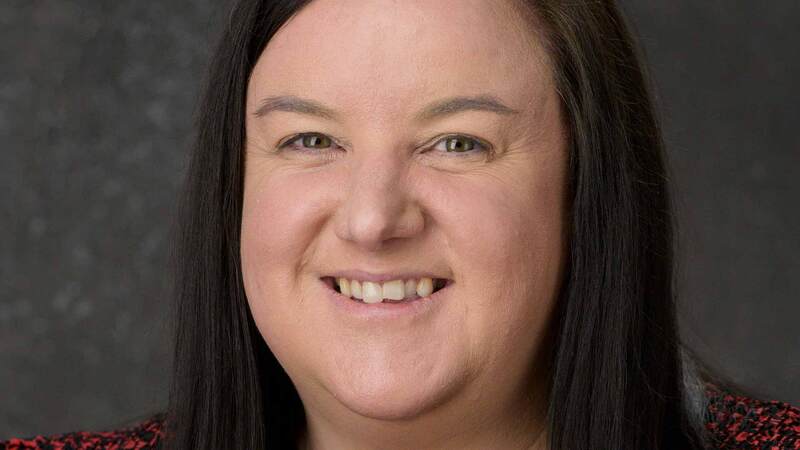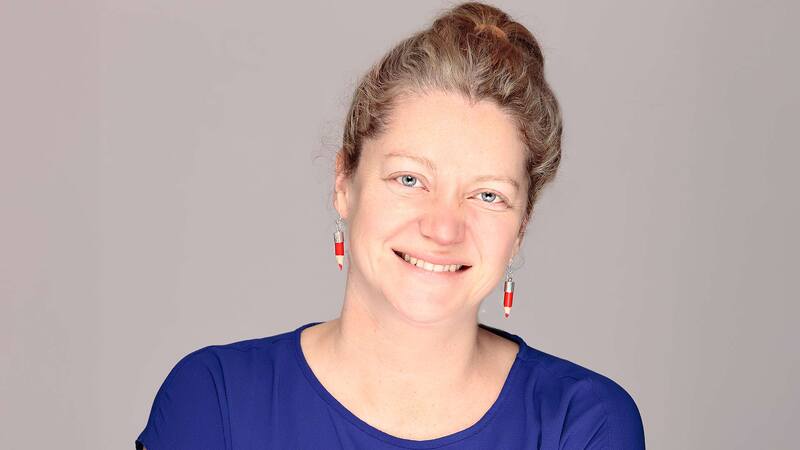You are viewing your 1 free article this month. Login to read more articles.
Pearson job consultations underway after 'tough' year
A "tough year for Pearson" has resulted in a "modest" 2% decline in sales of £4,468m in underlying terms, according to the educational publisher's annual results released this morning (26th February).
Pearson made an adjusted operating profit of £723m - also down 2% - but adjusted earnings per share grew 5% to 70.3p for the year 2015.
Consultations with Pearson staff, following last month's announcement it is making 4,000 people redundant to save costs, is currently underway, The Bookseller understands. Fallon today (26th February) confirmed 1,000 of the 4,000 people Pearson expected to lose this year had been "notified" of their redundancy. Around 500 UK jobs are expected to go.
Penguin Random House, which Pearson owns a 47% stake in, saw a "strong" 2015, with Pearson reporting that its share of adjusted operating profit rose 30% in 2015 reaching £90m, up from £69m in 2014.
However, the company said it anticipated that additional benefits from the ongoing integration of Penguin with Random House will be "broadly offset" by reduced demand for e-books in 2016, following industry-wide changes in terms in 2015.
Pearson's c.e.o. John Fallon explained the "challenges" in some of the company's biggest markets had "persisted for longer than expected", but that its competitive performance had "remained strong".
Fallon said there were "big structural growth opportunities", created by the rise of digital and flexible learning, that Pearson would "capitalise on", including by signing up with new partners.
He added that Pearson was expecting a return to stability in core markets and was on track to meet the goal of £800m adjusted operating profit or above in 2018, "with the full benefits of our restructuring programme, the launch of new products, and stability returning to US college enrolments and the UK qualifications market by the end of 2017".
Implementation of cost-cutting measures, including the slashing of 4,000 jobs to "simplify" the business, are underway, the company confirmed. The restructure is expected to generate annualised savings of approximately £350m, with approximately £250m of these savings in 2016 and a further £100m of these savings in 2017.
"Pearson is now implementing the plans we announced in January to integrate our business, reduce our cost base and focus on fewer, bigger growth opportunities," said Fallon. "Education is a sector with large growth opportunities for Pearson, and we are committed to helping millions of learners to progress in their careers and lives."
On a statutory basis, profit for the year was reported at £823m, helped by pre-tax gains on the sale of the FT, Economist Group and PowerSchool of £1.21bn and "an impairment of goodwill and intangibles" of £849m, reflecting "challenging market conditions" in Pearson's Growth and North American divisions.
PRH sales were boosted by the publication of hundreds of adult and children's bestsellers across its territories, including the fiction "mega-successes" of Grey and The Girl on the Train, which each sold over 7m copies, more than 2m of which were in the UK. The UK business published 201 titles on the Sunday Times bestseller lists, just five less than in 2014.
Other notable UK successes for PRH in 2015 included Harper Lee's Go Set A Watchman and Jamie Oliver's Everyday Super Food, Jeff Kinney's Diary of a Wimpy Kid and John Green's titles, and for DK Publishing's Star Wars publications.
PRH held its conference in Birmingham this week, and promises lists including new titles from Lisa Brennan-Jobs, Bill Bryson, Lee Child, Harlan Coben, Phil Collins, Janet Evanovich, Ina Garten, John Grisham, Jazz Jennings, Jeff Kinney, Marie Kondo, John le Carré, Jojo Moyes, Jamie Oliver, James Patterson, Nathaniel Philbrick, Pope Francis, Nora Roberts, John Sandford, Danielle Steel and Star Wars.
It completed the sale of Author Solutions on 31st December and sold its Australian online bookseller Bookworld to online retailer Booktopis in August.
The integrations of Penguin and Random House was reported it "continued to provide net benefits through organisation alignments and systems and warehouse combinations". This included "gradually closing" the distribution centre in Rugby, and relocating inventory to two other locations.















